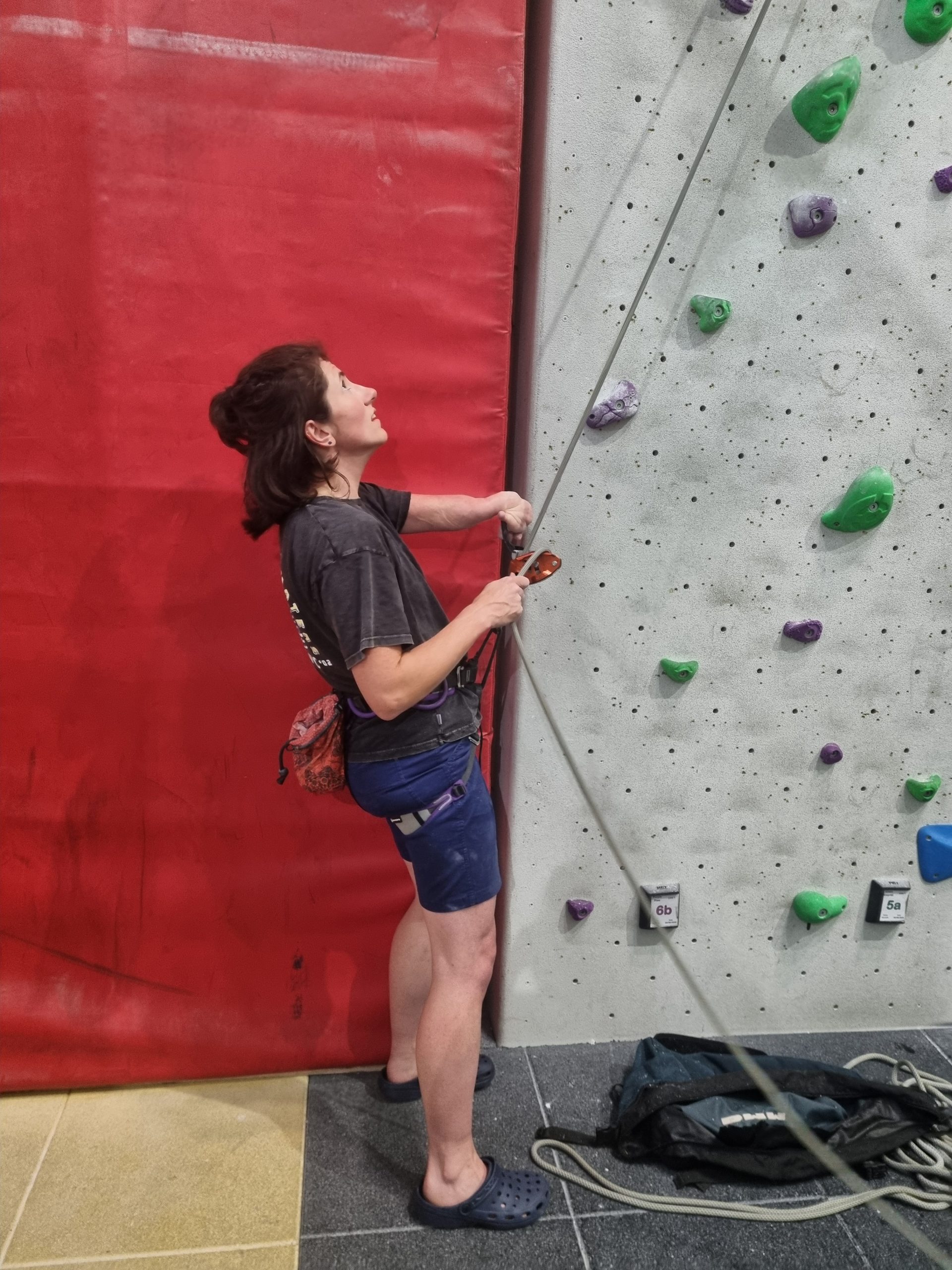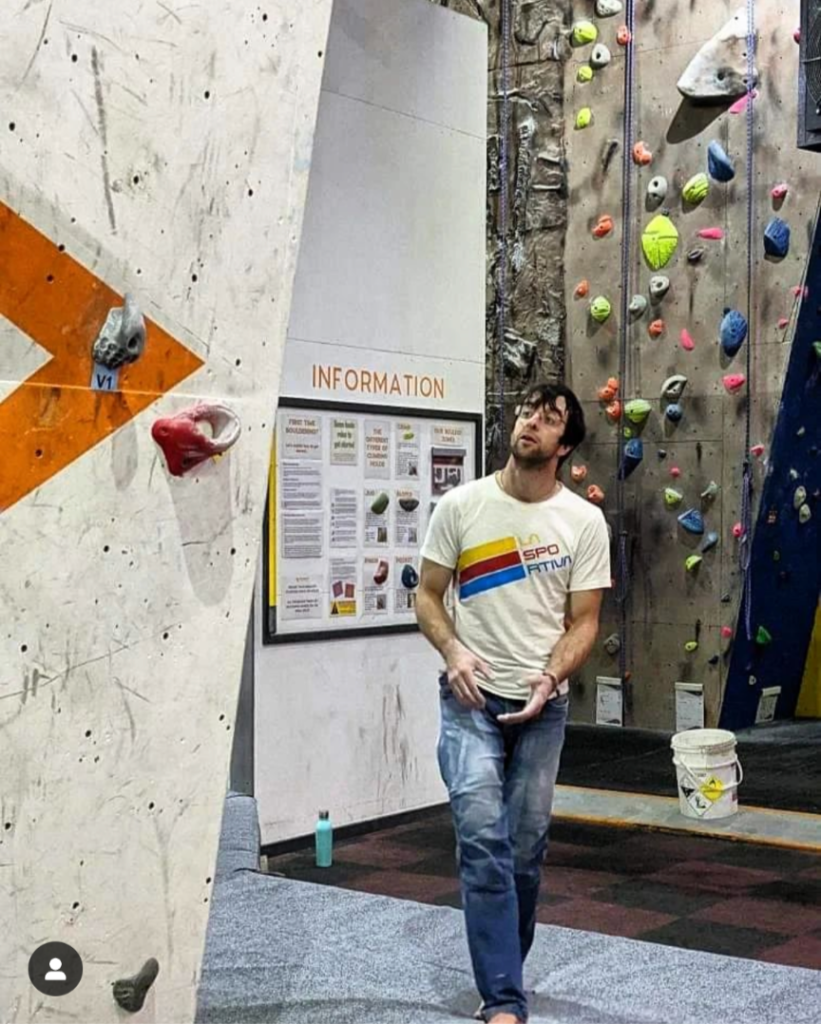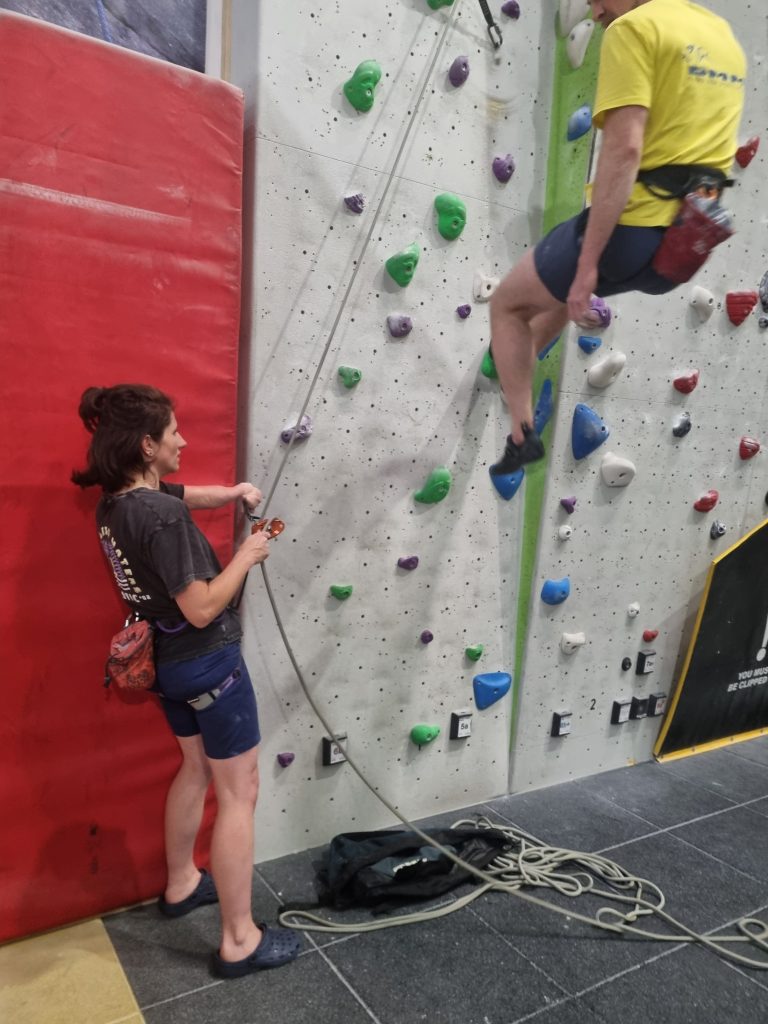Editor Column by Max Swinhoe

We often speak about the use of language and how to talk about upper limb difference within the Reach community, but it can be difficult for those not yet connected with us to know how to approach the subject, ask the right questions and know how to include us.
So, what does it take to delve into the world of inclusion? I think there needs to be an openness and a willingness; to be informed, educated, and at times, corrected. People need to approach difference with sensitivity. But we can also be aware of the environment we create, allowing people to feel they can broach subjects and talk to us. However, there must be a mutual respect and empathy; it isn’t solely our responsibility to make others feel comfortable.
One difficulty I’m sure we can all recognise is that we are all different and we use differing terminology. Some don’t like the word ‘disabled,’ whilst others use the word ‘missing’ when referring to their hands or arms. So where does someone outside our community start? I say, with a conversation.

I first chatted to Pete Edwards, a climbing coach and instructor (prowesscoaching.co.uk), at our local climbing wall. I mentioned I was struggling to figure out how to lead belay (controlling the rope and keeping a climber safe as they ascend and clip into bolts on their way up) because I don’t have the grip or elbow functionality required.
After this brief chat Pete reached out and offered me a session to help me figure it out, and we succeeded, thanks to a fab little device called the Petzl Neox. But that’s not why I’m telling you this. I’m telling you because I was happily surprised at Pete’s interest in learning about upper limb difference and his readiness to listen when I suggested the language he was using wasn’t quite in line with our community. And so, a conversation was started, and it was one based on a mutual respect and good intentions.
Pete, thank you for being a part of this discussion, what were your thoughts going into our session?
“I wanted to offer my expertise to see if I could come up with a solution. I suspected that it was going to be solved by the new Petzl Neox, but I also wanted to chat about vocabulary. I became aware, from a chat with someone else recently, that using the term ‘disabled’ can be unpopular, so I wanted to know if it was a suitable term for you, and if not, what is. My knowledge and experience of upper limb difference is scant, but I’m learning. I knew you weren’t an amputee but I didn’t know what the correct term was. You were really approachable and made me feel like I could ask questions without judgement, knowing you’d guide me in the right direction.”
You were really approachable and made me feel like I could ask questions without judgement, knowing you’d guide me in the right direction.
In terms of inclusion, how did you want to direct the session?
“Going into the session, I wanted to restrict the amount of equipment we used and make it as simple as possible, and honestly, as ‘normal’ as possible. I didn’t want you to feel like you were doing anything out of the ordinary. I wanted you to feel like any other climber, belaying like everyone else, but I also wanted you to lead the conversation as much as possible.”
Had you worked with anyone with a disability before?
“Yes, I have been working with another local climber, Sara, who has cerebral palsy. We’ve been having sessions for almost a year now, and that’s been really enlightening for me. But I am always keen to work with different clients and people I’ve not worked with, hence reaching out to yourself. I hoped the session with you would help me to step up my game on how I coach and deliver sessions, and that what I would learn would filter through to all of my sessions day-to-day, in the way I behave or use different language.”

During our session, Pete asked me how he should talk about my arm, and then after, I was happy to help when he asked me to proof a social post he’d written about the session. I advised him on the content of an email, including terminology that felt more aligned with Reach language; for example, adopting upper limb ‘difference’ rather than ‘deficiency.’
The truth is, we’ll never get it 100% and while I may be editor of this magazine, I’m certainly not the voice of Reach. So, my advice to those in Pete’s position is: “if in doubt, leave it out” but don’t let fear stop you from starting conversations. Talk to the people you are talking about, ask for their support and create a space that feels non-judgemental. Be willing to be advised, and be prepared to change your approach. It doesn’t mean you were wrong; it just means you could be more aligned. It’s about having those productive, inclusive conversations and bringing more people into the Reach community.”
Shared from Within Reach Magazine Winter 2024. Flick through the whole magazine here!

